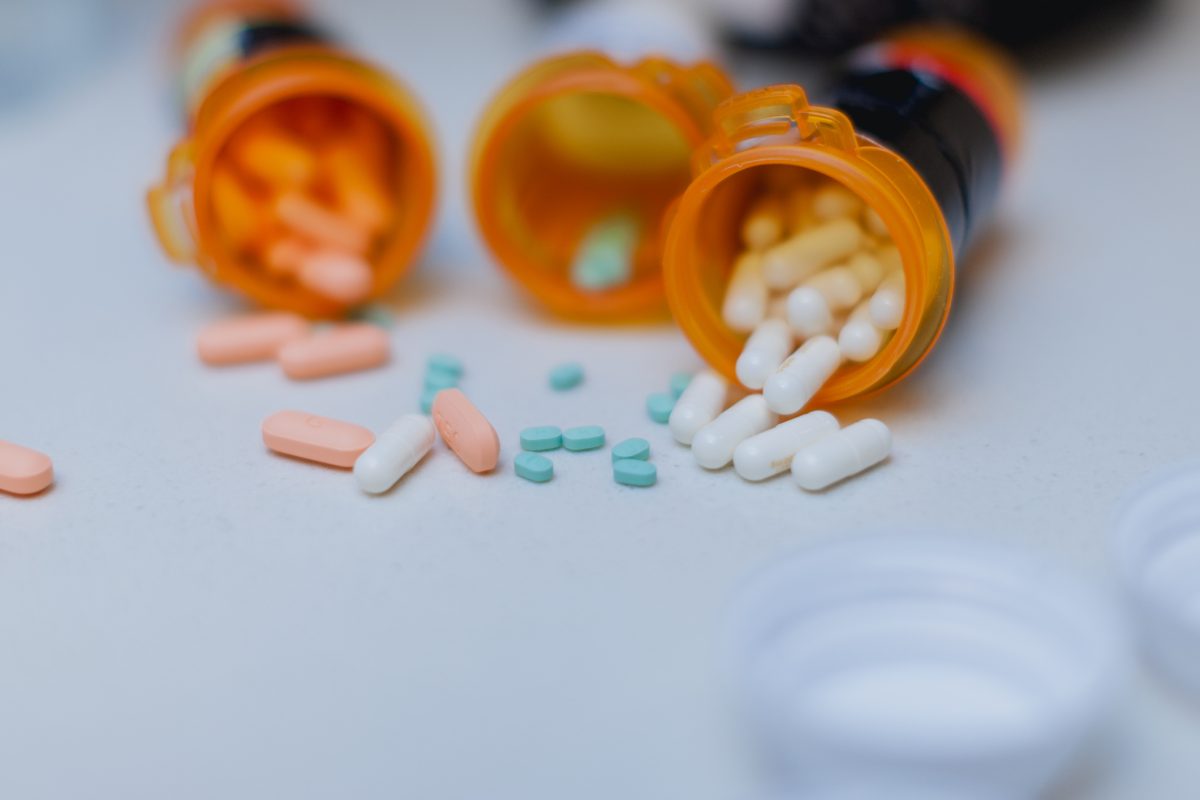Antibiotic use has been on the decline in recent years, and that’s good news for our health.
While antibiotics are invaluable for fighting bacterial infections, they can also present serious risks if overused or misused, and it appears that physicians are finally getting that message.
For instance, antibiotic overuse has been linked to gut problems because it destroys much of the friendly bacteria that make up the gut microbiota. One study found that it takes the gut microbiota as long as six months following antibiotic use to recover. Still some species of bacteria may never return.
When this happens, the effects extend far beyond the gut, potentially interfering with healthy aging and metabolic health, for starters.
As if that weren’t bad enough, researchers have discovered another lasting way antibiotics harm the gut — even if you haven’t taken them recently…
Antibiotics’ effect on the gut lining
While previous research has shown the impact of short-term antibiotic treatment on the intestinal environment, it is less clear how repeated antibiotic use over time affects the gut.
So, researchers at Umeå University in Sweden teamed up with those at Tartu University in Estonia, who had built a deep cohort of individuals who provided stool samples and health records, to learn more.
The research team selected individuals who had taken at least five courses of antibiotics in the past, but not within six months of the stool collection. They then compared the microbiomes of these individuals with those of individuals who had not used any antibiotics within the last ten years.
As expected, analysis revealed changes to gut bacteria composition, indicating that repeated antibiotic use can have a lasting effect on the microbiome that can persist at least months after the most recent treatment, according to Kertu-Liis Krigul, a Ph.D. student at Tartu.
But that wasn’t all…
The researchers transplanted the human microbiota into mice and used specialized methods to analyze the function of the gut’s protective mucus layer. This continuously expanding layer lines the intestines and prevents bacteria from crossing it. However, if the gut microbiome is disrupted, the barrier can lose its ability to function properly.
They observed that bacteria from humans with a history of repeated antibiotic use contained higher amounts of bacteria that damaged the mucus layer, resulting in increased permeability.
That means dangerous bacteria could penetrate the intestinal lining, a symptom of a condition known as leaky gut syndrome, which can trigger inflammation and potentially contribute to the development of diseases such as inflammatory bowel disease (IBD).
“Looking at the bacteria present in the gut in more detail, we could see that bacteria known to feed on the mucus layer were present at higher levels in these mice,” says Rachel Feeney, a Ph.D. student at Umeå. “This further supports a role for the gut bacteria in determining how well the mucus barrier can function.”
Antibiotics themselves can do damage
In a separate study conducted as part of another international collaboration, researchers administered the antibiotic vancomycin to normal and bacteria-free mice.
By doing so, they discovered that the antibiotics themselves can directly disrupt the mucus lining in a manner independent from gut bacteria. The antibiotic was found to disrupt mucus expansion within a few minutes of application.
“Together, these two studies suggest that antibiotics can damage the mucus layer through at least two independent mechanisms, and that they may have long-lasting effects through an altered gut bacteria,” says Björn Schröder, docent in infection biology in the Department of Molecular Biology at Umeå. “This further supports the notion that antibiotics should be administered in a responsible manner.”
There may be times when you can’t avoid using antibiotics to fight off an infection. When you do have to take them, it’s essential that you pair them with probiotics to help shore up your gut health.
There are plenty of foods that contain probiotics, including yogurt, kefir and fermented foods like kimchi, sauerkraut and miso.
You can also get probiotics from supplements — but if you do, make sure the supplement you take contains live cultures. And be sure to take it two hours apart from your antibiotics.
Sources:
Antibiotic usage can damage the protective mucus layer in the gut — ScienceDaily
Antibiotics damage the colonic mucus barrier in a microbiota-independent manner — Science Advances
Antibiotic Use and Stewardship in the United States, 2023 Update: Progress and Opportunities — U.S. Centers for Disease Control and Prevention
Read full article here




